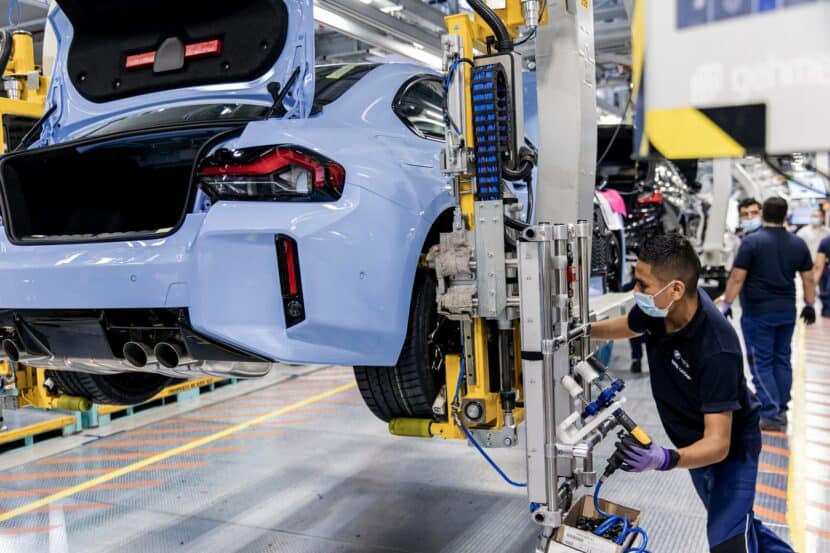The BMW announces today the opening of the initial phase of its new battery testing centre at the Wackersdorf location. Announced just one year ago, the new battery facility is already operational and will play a crucial role in testing battery cells and electric powertrain components for future BMW models. T he 8,000-square-meter site will be fully operational in late 2025.
€100 Million Investment
The BMW has allocated approximately €100 million to the development of this facility, focusing on advanced test-bench technology and extensive upgrades to the existing infrastructure. Hall 80, the primary site for the project, has undergone significant transformation. Originally built in the 1980s for a reprocessing facility, the hall has been remodeled to support its new purpose, with structural work including a new floor slab, 2,200 tonnes of steel, and 10,000 cubic meters of concrete.
The battery plant has begun 24/7 operations to rigorously test the performance of individual battery cells during their development phase. This includes evaluating how cells perform under various charging and discharging conditions, simulating real-world use cases well in advance of vehicle production. The facility currently has the capacity to test several hundred cells simultaneously, with plans to scale up to several thousand as operations expand.
Preparing for Future EV Launches
The new testing center expands Wackersdorf’s role within the BMW Group. In addition to its existing responsibilities—supplying overseas plants, producing cockpits, and manufacturing doors for Rolls-Royce models—the facility is now positioned as a key hub for the development of BMW’s electrified future. BMW’s first Neue Klasse electric vehicle will begin production in fall 2025 at their new plant in Debrecen, Hungary. The BMW iX3 will come to the U.S. market in early 2026, followed a few months later by the i3 sedan.





































































